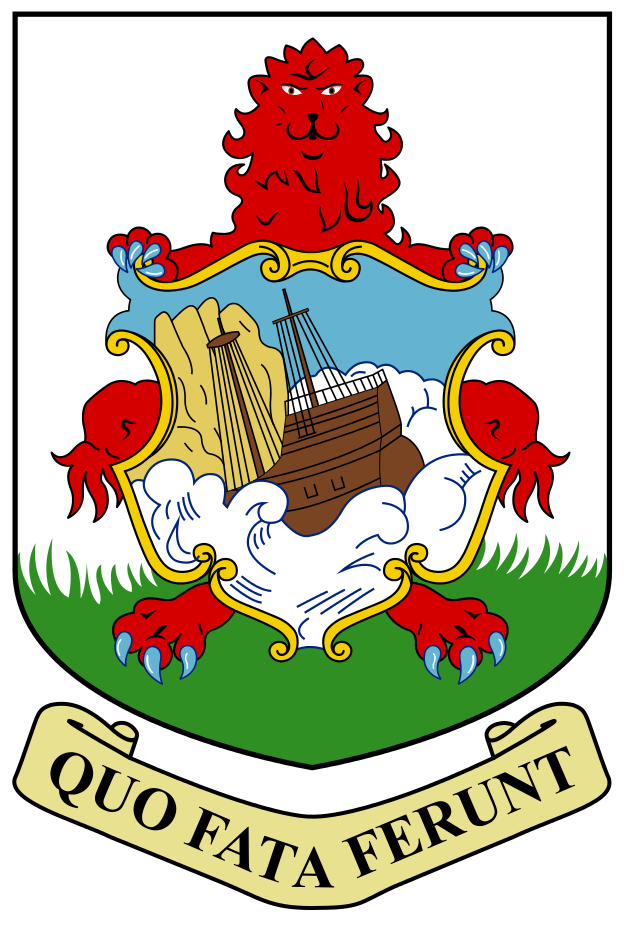Bermuda was first settled in 1609 by shipwrecked English colonists heading for Virginia. Self-governing since 1620, Bermuda is the oldest and most populous of the British overseas territories. Vacationing to the island to escape North American winters first developed in Victorian times. Tourism continues to be important to the island's economy, although international business has overtaken it in recent years. Bermuda has also developed into a highly successful offshore financial center. A referendum on independence from the UK was soundly defeated in 1995.
Bermuda is a parliamentary democracy and a self-governing overseas territory of the UK.
Source: CIA World Factbook
Members:
Resources
Displaying 26 - 30 of 83Trusts (Special Provisions) Act 1989.
This Act regulates certain aspects of trusts, i.e. a legal relationship created, either inter-vivos or on death in which assets are placed under the control of a trustee for the benefit of a beneficiary or for a specified purpose. Matters regulated include: governing law; capacity to create trusts; and jurisdiction of the Supreme Court. One Part of the Act is dedicated to special purpose trusts, i.e. trust created for a non-charitable purpose or purposes. No interest in land in Bermuda shall be held, directly or indirectly, in a purpose trust.
Perpetuities and Accumulations Act 1989.
This Act modifies the law relating to the avoidance of future interests in property on grounds of remoteness and governing accumulations of income from property. The rule against perpetuities shall not apply to an option to acquire for valuable consideration an interest on the term of a lease if: (a) the option is exercisable only by the lessee or his or her successors in title, and (b) it ceases to be exercisable at or before the expiration of one year following the determination of the lease.
Registrar-General (Recording of Documents) Act 1955.
This Act provides for the registration of documents by the Office of the Registrar-General and provides for the keeping and inspection of such documents. The Registrar-General shall be the authority for, among other things: recording and registering mortgages and other conditional conveyances of property under the Mortgage Registration Act 1786; recording and registering voluntary conveyances of land under the Conveyancing Act 1983; deposit of memoranda respecting the acquisition or disposal of land by bodies corporate under the Corporate Bodies' Lands Act.
Recording of Documents Regulations.
These Regulations, made under section 5 of the Registrar-General (Recording of Documents) Act 1955: provide rules relative to the form of documents submitted to the Registrar-General for recording or registration; appoint authorized officers for purposes of the Act; and require the metric system to be used for measurements in documents, including survey plans. Forms for the Memorandum of mortgage, Memorandum of acquisition of land from and/or by alien and a Memorandum relative to voluntary conveyances are set out in the Schedule.
Public Lands Act 1996.
This Act concerns operations on and regarding public land. It assigns to the Minister responsible for works and engineering the charge and management of public works including: public water supply and public sewerage systems; public water supply, public sewerage systems, parks and highways; and the collection and disposal of refuse. There shall also be a Department of Works and Engineering and a Board of Works.The Act also concerns the powers of the Minister responsible for public lands to acquire lands or to sell public lands and dredging and other operations on the bed of the sea.


